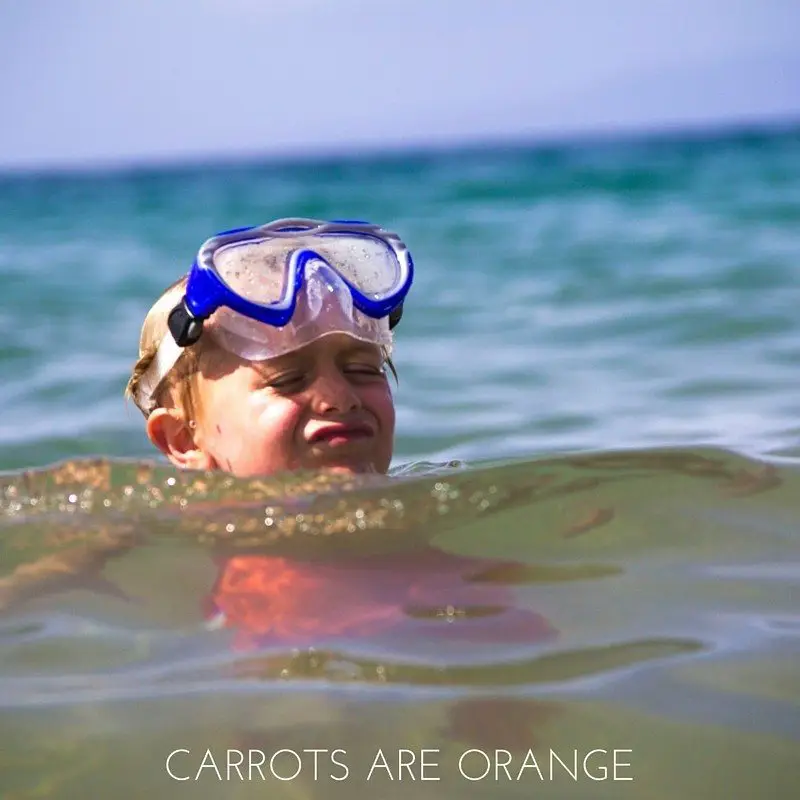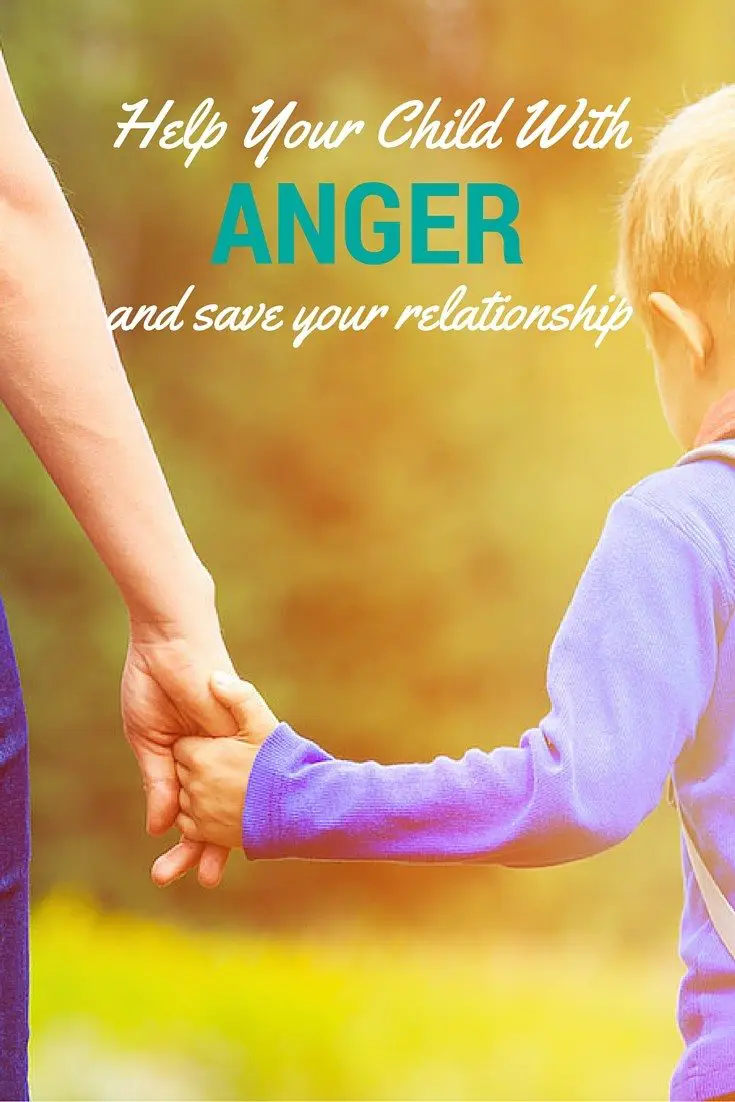Is it possible to love someone so much that they make you miserable?
I care so deeply about my children that when they struggle, I struggle with my own inadequacies, fear of failures, and worry that his pain is my fault in some way.
I worry about my relationship with my children. Do you? Parenting an angry child is tricky and requires a strong will. A child with challenging behavior is scary, uncertain, tense, worrisome, frustrating, and often filled with obstacles that set you (and maybe your child, too) back a few steps. I also worry about my child’s relationship with his peers…
Guess what?
You. Are. Not. Alone.

Parenting an Angry Child
As a parent in your seat, I read articles, books, and blogs. I feel inspired, crushed, then inspired again. One of the most challenging aspects to parenting, generally, is the opportunity to practice skills that our kids need from us. Yes, skills children need to develop for themselves, but more importantly skills that we need to develop as parents, as communicators, and as educators. Without our lead, our children may be swimming, gasping for air (can you relate to that feeling?), in the deep end far longer than they need to be.

A while ago I wrote a post “Parenting an Angry Child Sucks“. In that post, I included 15 Tips. Some time we high level, while others honed in on details like specific communication tactics such as educating yourself and avoiding the question: “Why?” These tips I practice every day.
Grab your FREE Calming Strategies for Kids email course
Then, about a year ago I wrote another post with 13 additional tangible ideas to start using today to work with your challenging child.
Ideas included:
- Choose Your Mountain
- Respond Without Words
- Connect With Your Child
- Validate the Emotion
So those two parenting posts alone give you 30 ideas to start moving forward in helping your child and your relationship with your child.
How about two more? Just for good times? Here you go.

Two Ideas to Save Your Relationship With Your Child
Parent Child Interactive Therapy/Training
Parent Child Interaction Therapy, or PCIT, is a great method to check out if you’re looking for ways to strengthen (or save) your relationship with your child and, quite frankly, your partner. The goal is to optimize for the child’s success in life while maintaining a strong and open relationship with him. If you’re worried about your relationship with your child and other family members, this approach may be for you.
PCIT is a treatment for emotionally and behaviorally challenged children but can help families with typically developing children, too. We opted to explore this therapy because of the inclusive nature. After all, our child is having a tough time with qualities that will either make or break her, qualities that aren’t going to disappear. This approach is largely about parent coaching with the aims of “improving the quality of the parent/child relationship and interaction patterns.” For more information or to find a group that utilizes the PCIT approach, definitely check out the PCIT website for more information.
Collaborative Problem Solving
I have written previously about Dr. Ross Greene’s Collaborative Problem Solving Approach I discovered while reading his book The Explosive Child. This approach is far more detailed than I can give you in this one post. I can point you to his extremely informative website. I can also let you know that there are therapists all over the world trained in this approach. The basic idea is that you think intentionally about your child’s triggers (and your own for that matter), letting go of some issues while specifically focusing on certain issues (mostly one at a time) during calm moments. The idea is to minimize blow ups to find more time to work together to come up with child led solutions to the challenge areas. I like this approach because it acknowledges a child’s cognitive inability to come up with options on his own. So, just like a child might lag in reading or math skills, a child may lag in problem solving skills, unable to come up with other options (and therefore is stuck on one – his own idea – option). We have the opportunity to work with the child and practice coming up with other ideas so that eventually it becomes second nature for all of us. Please check out Dr. Greene’s website for loads more information including resources in your area.
I hope you found this post inspiring and helpful.
Marnie
